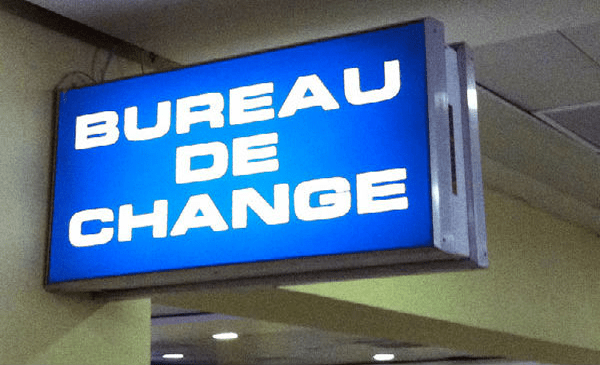By Tony Obiechina, Abuja
The Association of Bureaux de Change Operators of Nigeria (BDCs) has expressed support for the Central Bank of Nigeria’s directive to banks to stop the use of domiciliary accounts as collateral for naira loans.

President of ABCON, Aminu Gwadabe, made known the association’s stance in a statement on Thursday, pointing out that the directive would not only boost liquidity in the currency market but also strengthen the nation’s buffers.
The CBN had in a circular titled ‘The use of foreign-currency-denominated collaterals for naira loans’ with ref number: BSD/DIR/PUB/LAB/017/004 released on Monday, directed banks in Nigeria to stop the use of foreign currencies deposits as collateral for naira loans.
The apex bank prohibited the practice and gave the banks three months to end all such transactions.
Gwadabe who spoke 0on how the practice of companies using their non-oil export domiciliary accounts as collateral for naira loans, said, “We are bewildered that some companies and manufacturers with huge billions of dollars balances in their non-oil export Dom account source their FX needs in the official window and use same for naira loans.
“We therefore advise for the review of the guidelines on holding currencies on non-oil export accounts to a maximum of 48 hours, to borrow from the South African policy on the operations of non-oil exports dom account proceeds. The CBN should also not make applicants of huge billions of dollars holding in their non-export oil proceeds dom accounts eligible for FX request at both the NAFEM and NAFEX windows.”
Gwadebe also called for an upgrade of CBN policies on BDC operations to legislation so as to boost investor confidence.
“We urge the CBN to upgrade its policies and circulars to legislation regarding the impending BDCS new reforms to give comfort and guarantees to would be investors in the transformation of the BDC industry’s sub sector and allowing only the existing stakeholders the grandfather’s right for merger and acquisition to meet the expected reviewed financial requirements as suggested by ABCON,” he said.
The ABCON boss said that, as a body, ABCON and its members have resolved to continue engaging all stakeholders to deepen, liberalise the retail end of the market for price discovery, market efficiency, transparency, accretion of buffers and healthy balance of payments.
“We express our profound gratitude to the management of the CBN for its reconsideration and reinstatement of our sub sector as third leg of the market to counter hoarding and speculation with faster results than expected. The BDCs, though unfortunately perceived sometimes as crude but effective, will always remain the potent transmission mechanism tool of achieving the apex bank’s mandate of price stability and liquidity in the market.
“We therefore urge the CBN to continue to drive and expand its thought mechanism to maintain the feat so far achieved in more than 15 years; as we have not only achieved the convergence of both rates, but market calmness and confidence of the public and foreign investors,” he said.
The CBN recently sold $10,000 dollars to eligible BDCs at the rate of N1101/S1.
The apex bank warned that the BDCs must not sell at a spread of more than 1.5 per cent above the purchase price.


